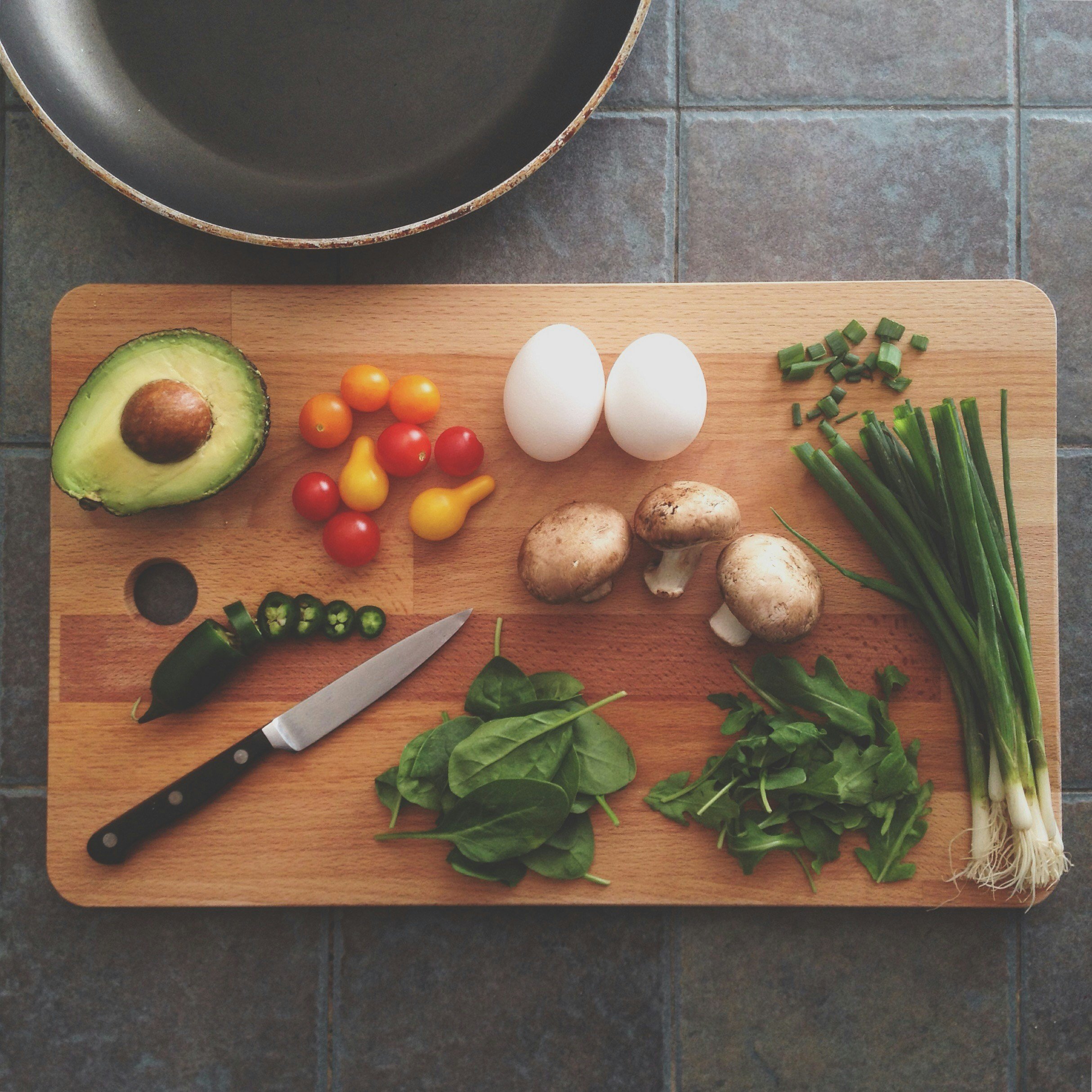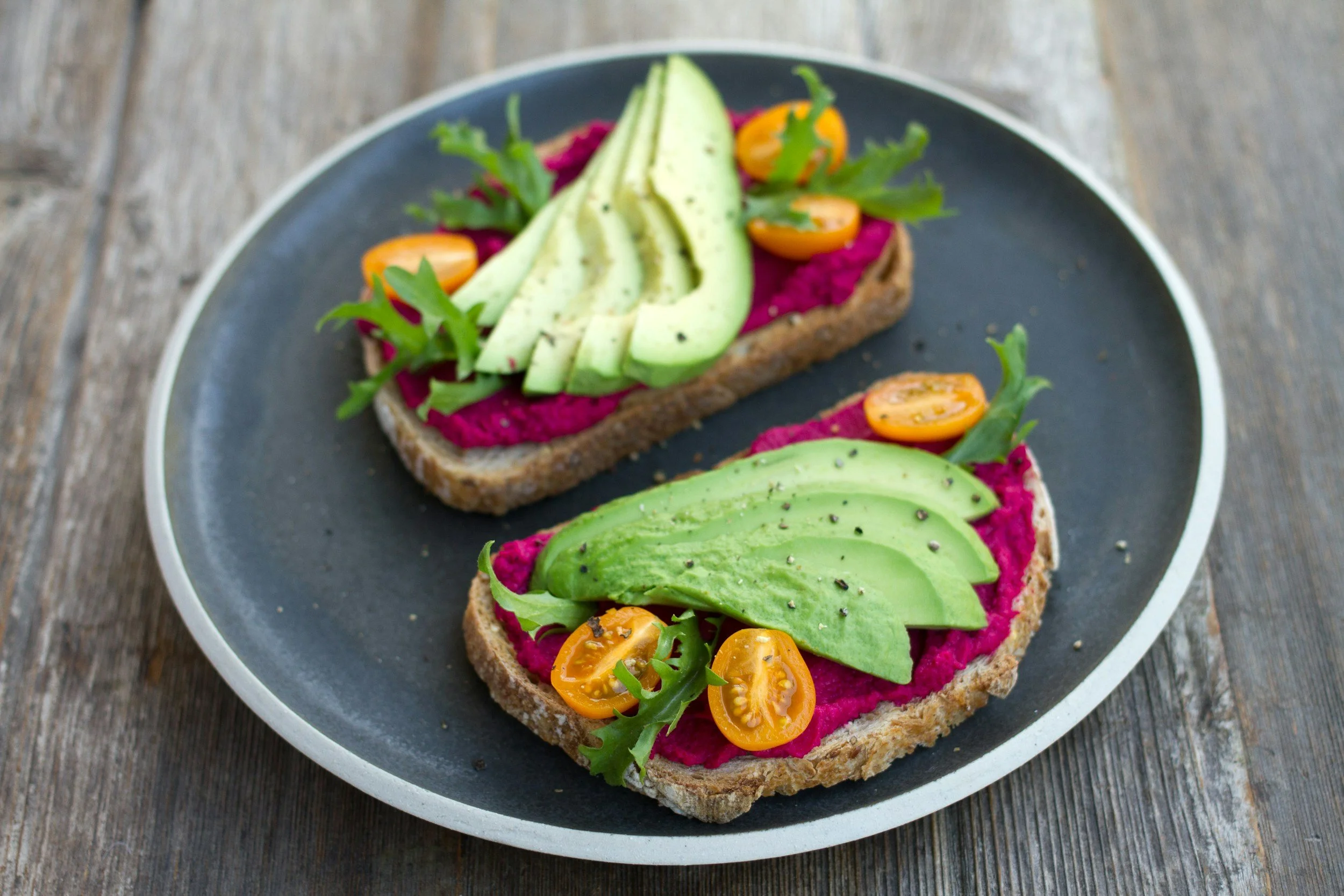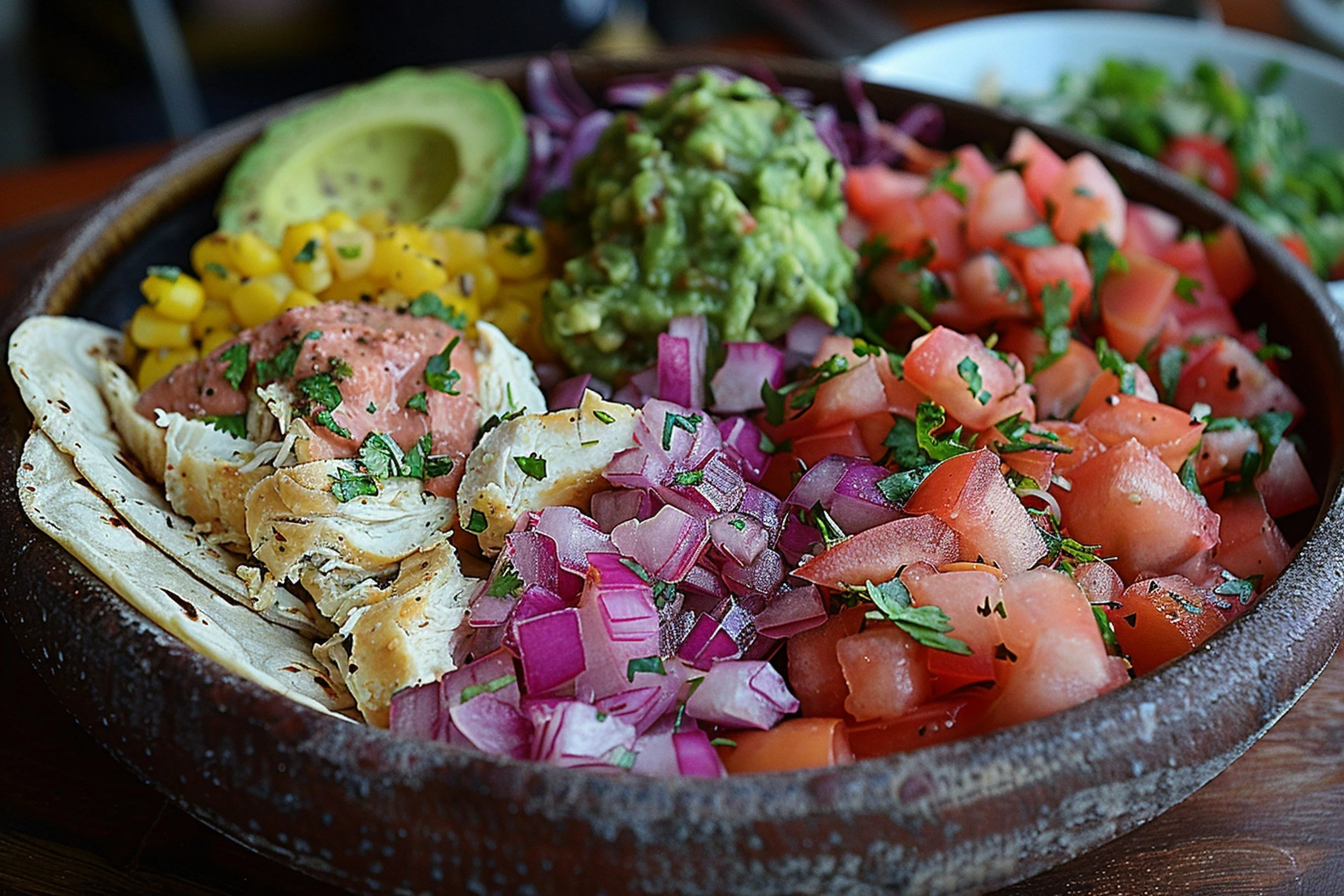Why We Love Chocolate (and why it doesn’t love us back)
Chocolate seems to be a big topic for my clients this month, what with post-Halloween blues…not-so-thankful memories of Thanksgiving desserts…and the temptation of holiday goodies on store shelves everywhere. While candy makers would have us believe that all chocolate (and more chocolate) is good for us, not all chocolate is created equal. Before you get carried away by the frenzy of the festivities, read on to bust some of the chocolate myths and separate fact from fiction.
You’re not going to believe this, but if we average all the chocolate-eating in America, we consume 12 pounds of chocolate per person, per year. Are you contributing to this statistic? Why do we love chocolate so much? Well, eating chocolate is actually similar to falling in love! It’s true; your love affair with chocolate is not just your imagination (but it may be one-sided). When we consume chocolate, it releases serotonin and endorphins in the part of our brain that controls our feelings of pleasure, love, and happiness. It is this chemical release that can become addictive and cause cravings for more.
Think about it - when do you have the strongest cravings for chocolate? When you’re tired? Sad? Frustrated? Anxious? Bored? When you reach for those chocolate kisses or M&Ms, what do you want them to do for you? Maybe you’re hoping that eating them will make you feel better, happier, or give you more energy. But here are the facts: The chocolate may give you a short burst of euphoria or energy – what we call a “sugar rush” - but it is short-lived. And when you crash, you will often feel sadder, moodier, more frustrated, or more tired than you did before. Ugh, I know.
Not all chocolate is created equal
Your average mass-produced chocolate – like candy bars, kisses, hot chocolate - is mostly sugar, fat, and preservatives. These ingredients can lead to or aggravate health problems such as hypoglycemia, obesity, diabetes, headaches, insomnia, depression, osteoporosis, arthritis, and cancer – just to name a few.
Chocolate is also one of those foods that we tend to eat mindlessly; a handful of M&Ms becomes two or three or even ten. When we are not aware of how much chocolate we’re eating, we are at risk of gaining weight and running down our immune system.
If you are going to indulge in a piece of chocolate (and as long as chocolate doesn’t negatively affect the way you feel), my suggestion is that you limit yourself to a specific serving. If you're feeling crazy for the cocoa, choose a high-quality, organic, dark chocolate or cacao (70% dark or higher) – with NO refined sugar.
In its natural state, the cacao bean (“kah-‘cow”) is rich in flavonoids and antioxidants (similar to those found in green tea). These nutrients can help protect your cells against damage by free radicals. In addition, high-quality cacao is rich in magnesium, iron, chromium, manganese, zinc, copper, theobromine, Vitamins A, B, C, D, and Omega 6. Mixed with dates or fruit and nuts, cacao can be a healthier treat that won’t leave you feeling strung out.
You can find raw cacao beans, nibs, or powder at many grocery store or your local health food store. You can also order cacao products online, like at Sunfood.











